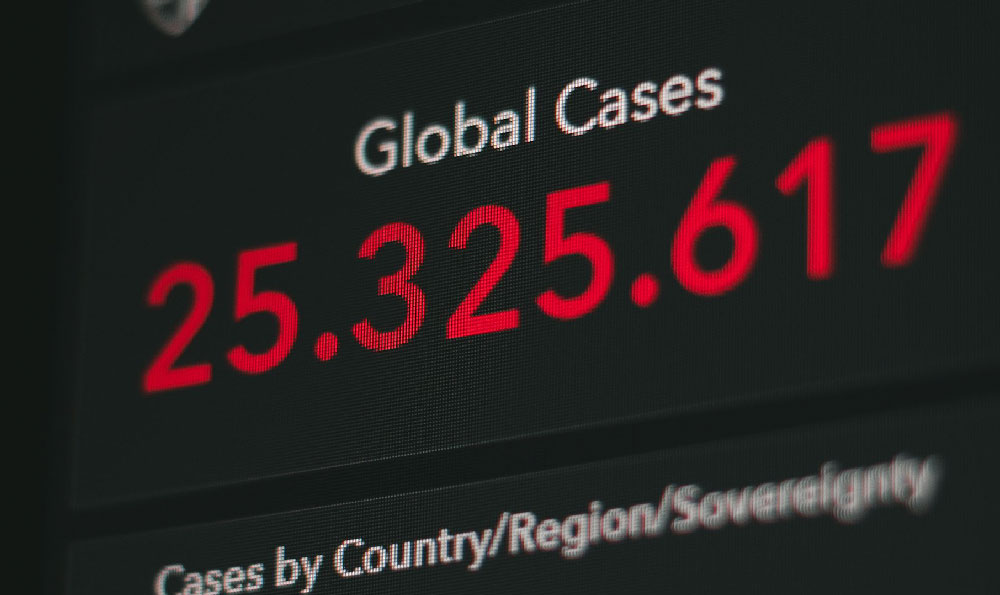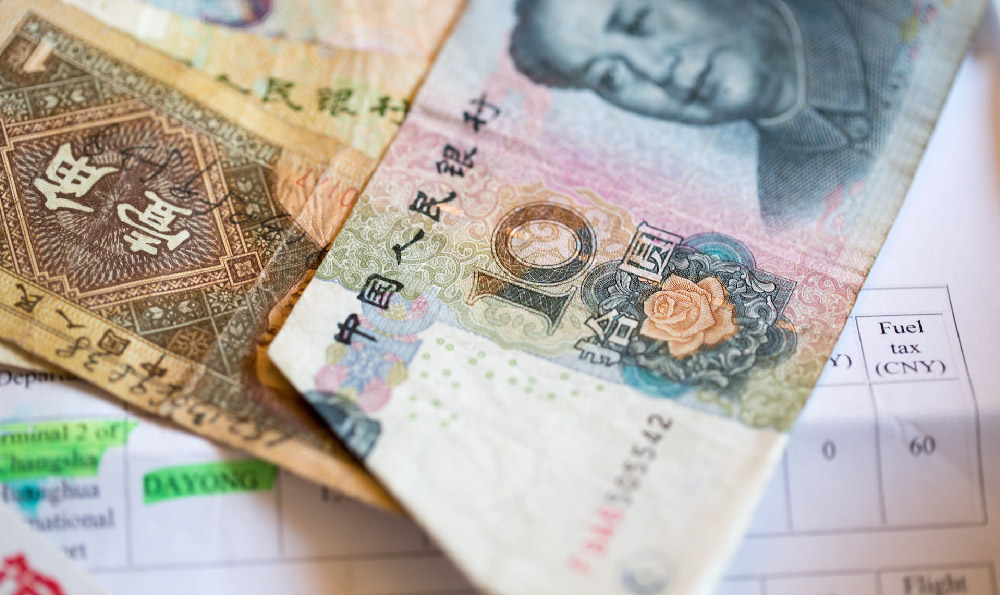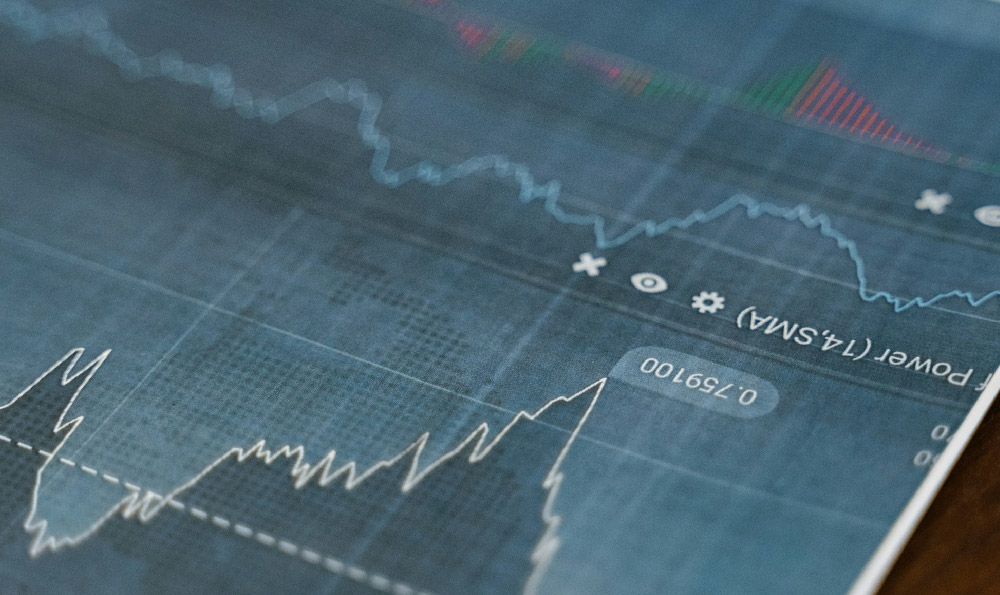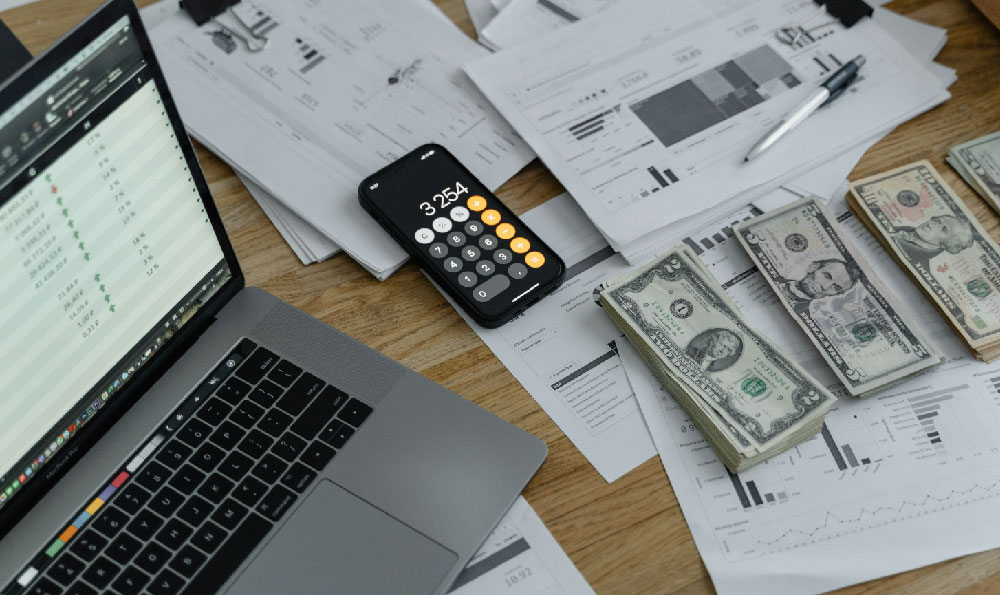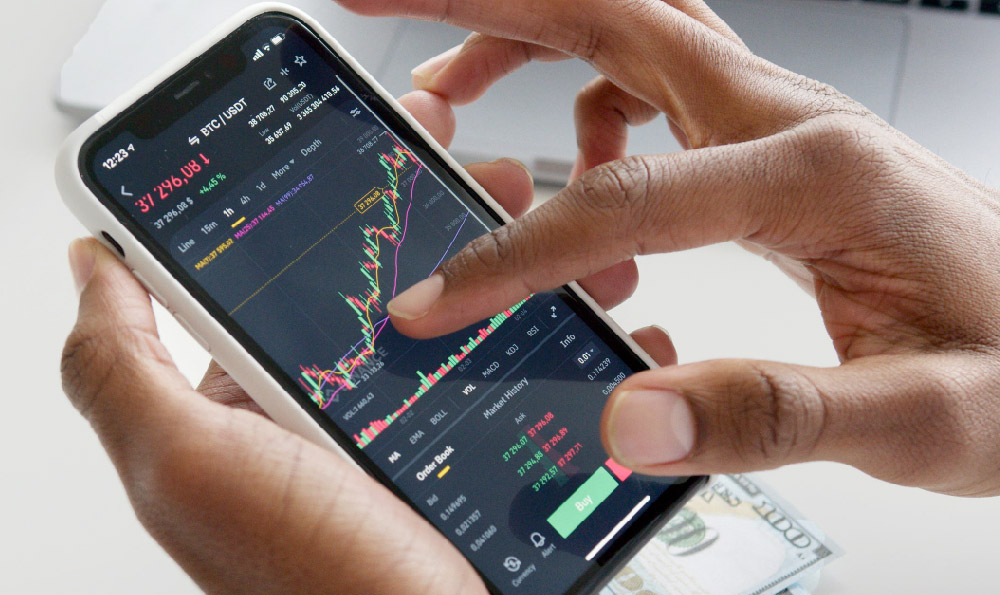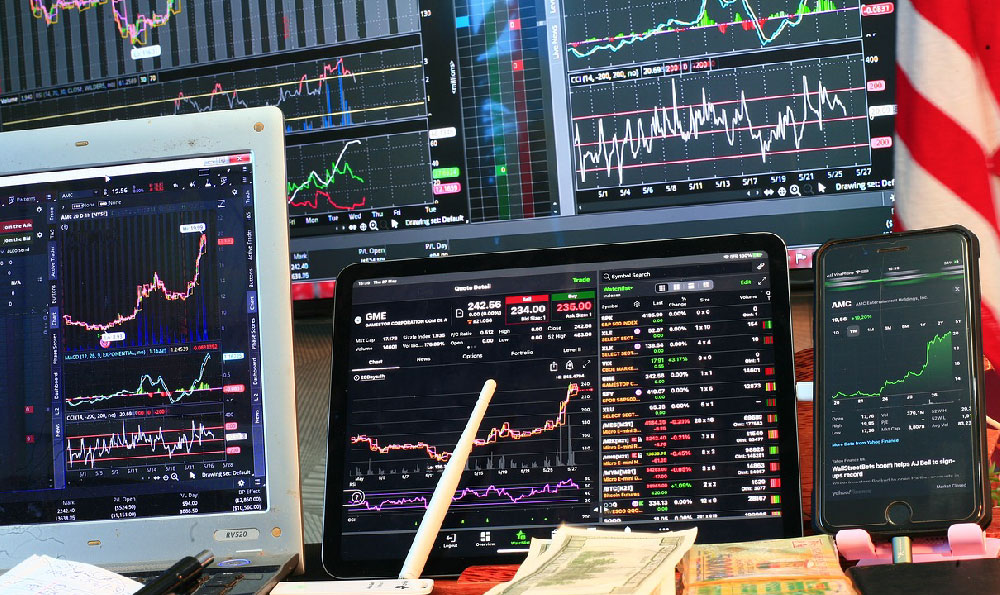Okay, I'm ready. Here's an article exploring Forex trading and its profit potential, written to be informative and engaging, without excessive bullet points or numbered lists.
How to Trade Forex: Can You Really Make Money?
The allure of the Forex market is undeniable. A global, decentralized marketplace that operates 24 hours a day, five days a week, boasting trillions of dollars in daily trading volume, it presents itself as an arena where fortunes can be made swiftly. But beneath the surface of impressive statistics lies a complex and often unforgiving landscape. While the potential to profit from Forex trading is real, it's crucial to approach it with a realistic understanding of the risks involved and the dedication required to succeed.

Forex, short for foreign exchange, involves the buying and selling of currencies with the goal of profiting from fluctuations in their relative values. Unlike stock markets, there's no central exchange. Transactions occur electronically over-the-counter (OTC) between a network of banks, institutions, and individual traders. This decentralization contributes to the market's high liquidity, making it relatively easy to enter and exit trades.
One of the most appealing aspects of Forex trading is the accessibility afforded by leverage. Leverage allows traders to control a larger position with a relatively small amount of capital. For example, a leverage ratio of 50:1 means that a trader can control $50,000 worth of currency with just $1,000 in their account. While leverage can amplify potential profits, it also magnifies losses. A losing trade can quickly erode your capital if you're not careful. This is why risk management is paramount in Forex trading.
So, can you really make money trading Forex? The answer is a qualified yes. Many individuals have achieved financial success through Forex trading, but they represent a minority. The vast majority of retail Forex traders lose money. This isn't necessarily because the market is rigged, but rather because of a combination of factors, including lack of knowledge, poor risk management, emotional trading, and unrealistic expectations.
Successful Forex trading requires a significant investment of time and effort. You need to develop a deep understanding of the factors that influence currency values, including economic indicators, political events, and global news. Furthermore, you need to master technical analysis, which involves studying price charts and using indicators to identify potential trading opportunities. Fundamental analysis, on the other hand, focuses on the underlying economic health of a country or region and its impact on its currency. Combining both technical and fundamental analysis can provide a more comprehensive view of the market.
Developing a solid trading strategy is essential. This strategy should outline your entry and exit rules, risk management parameters, and the currency pairs you intend to trade. Backtesting your strategy on historical data can help you evaluate its performance and identify potential weaknesses. It's also important to keep your trading strategy flexible and adaptable to changing market conditions. The Forex market is constantly evolving, and what worked yesterday may not work today.
Effective risk management is arguably the most critical element of successful Forex trading. This involves setting stop-loss orders to limit potential losses and managing your position size to avoid overexposure. A general rule of thumb is to risk no more than 1-2% of your trading capital on any single trade. It's also important to diversify your portfolio by trading multiple currency pairs to reduce your overall risk.
Emotional trading can be a major pitfall for many traders. Fear and greed can cloud your judgment and lead to impulsive decisions. It's crucial to develop a disciplined and objective approach to trading, sticking to your trading plan and avoiding emotional reactions to market fluctuations. Keeping a trading journal can help you track your trades, identify your mistakes, and learn from your experiences.
Choosing the right Forex broker is also an important consideration. Look for a reputable broker that is regulated by a well-known financial authority. Consider factors such as trading platform, spreads, commissions, leverage options, and customer support. Avoid brokers that promise unrealistic returns or use aggressive marketing tactics.
Learning never stops in the Forex market. Continuously seeking new knowledge, refining your strategies, and adapting to market changes are crucial for long-term success. There are numerous resources available to help you improve your trading skills, including online courses, books, webinars, and trading communities.
In conclusion, while the Forex market offers the potential for significant profits, it's not a get-rich-quick scheme. Success requires a combination of knowledge, skill, discipline, and effective risk management. Before venturing into Forex trading, it's essential to educate yourself thoroughly, develop a solid trading strategy, and practice with a demo account until you're comfortable trading with real money. Be prepared to lose money initially, and view losses as learning opportunities. With dedication and perseverance, you can increase your chances of achieving your financial goals through Forex trading, but remember that the vast majority of retail traders do not achieve sustained profitability, so proceed with caution and realistic expectations. The key is not to gamble, but to trade strategically and responsibly.




